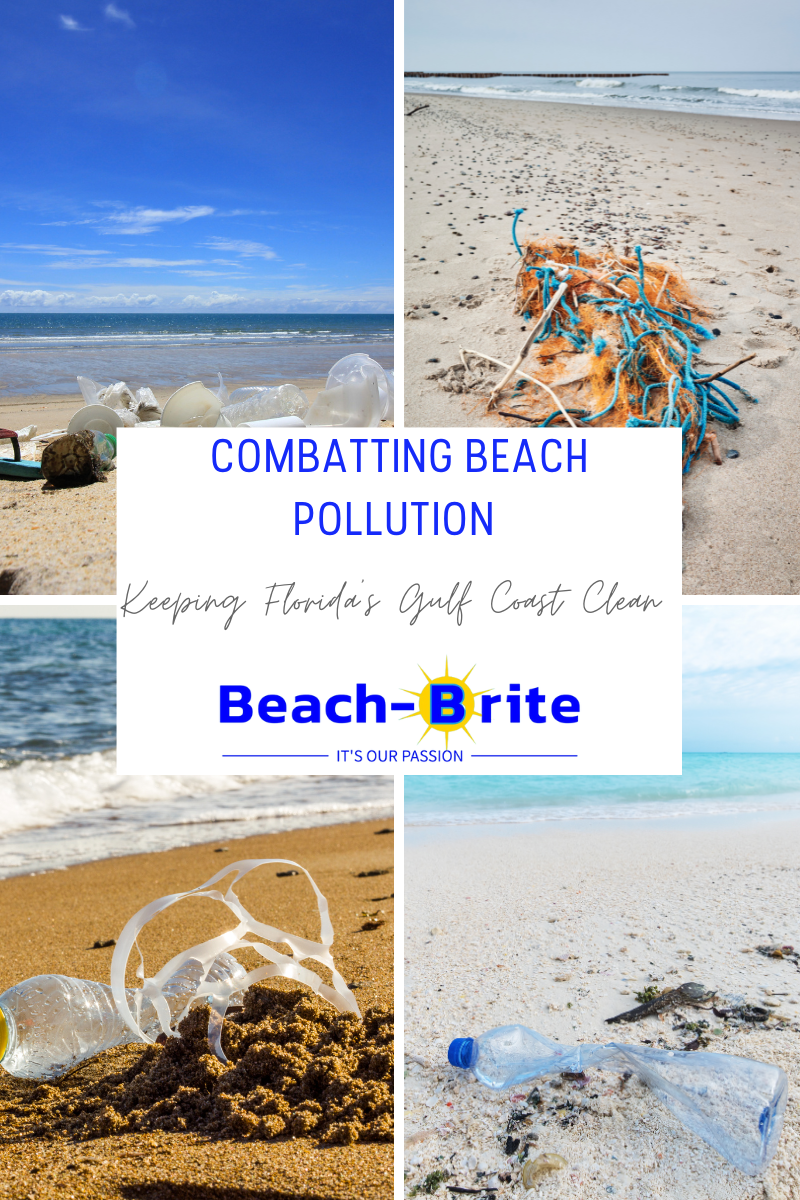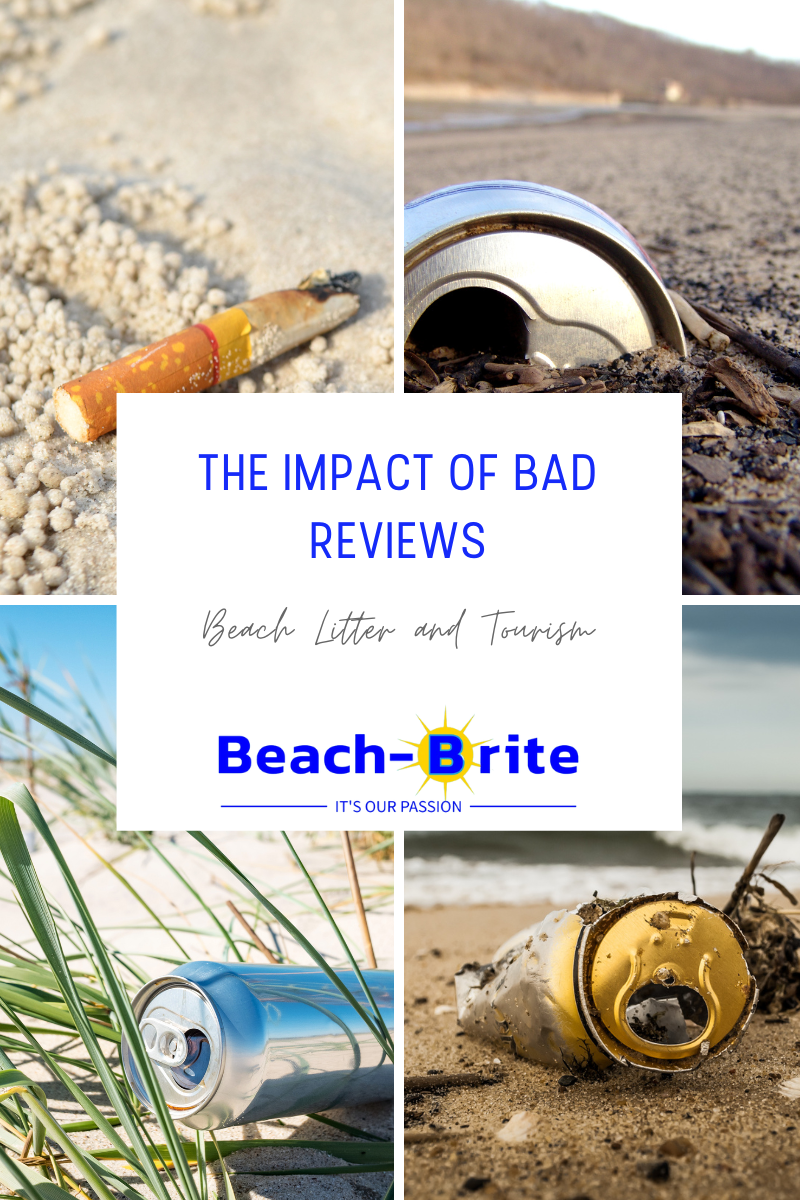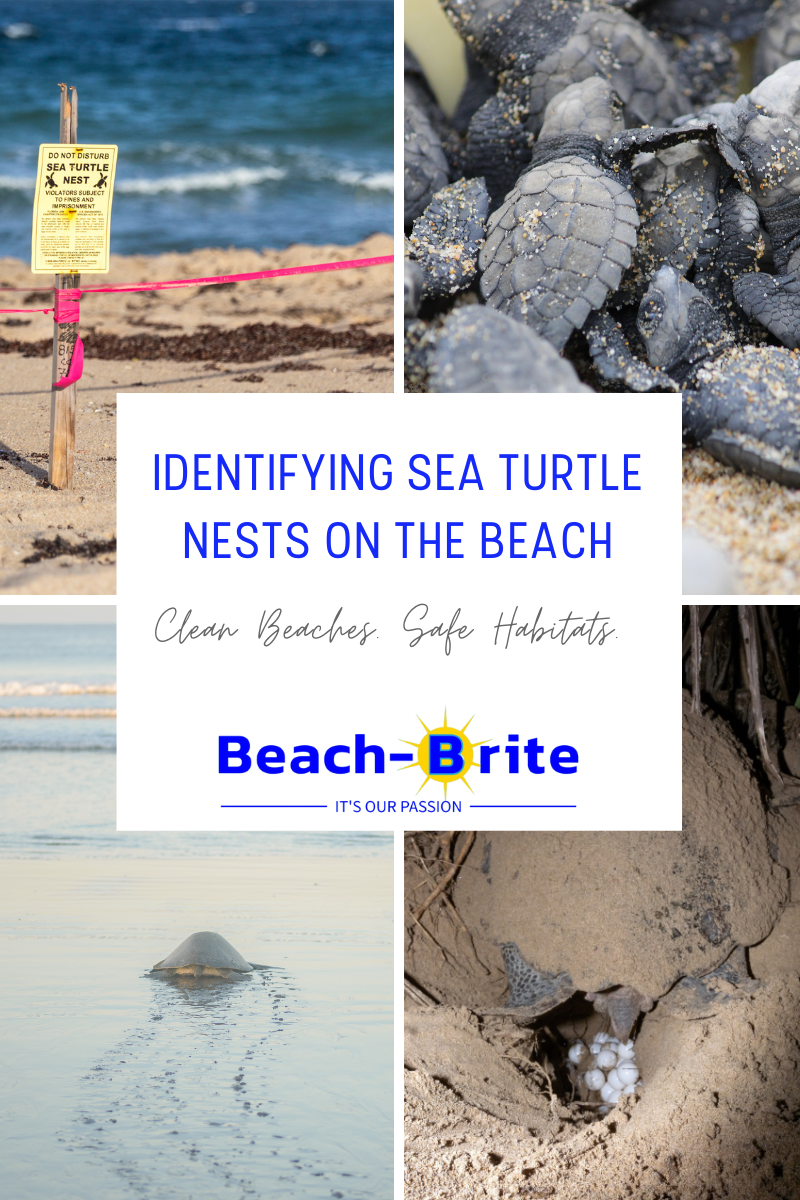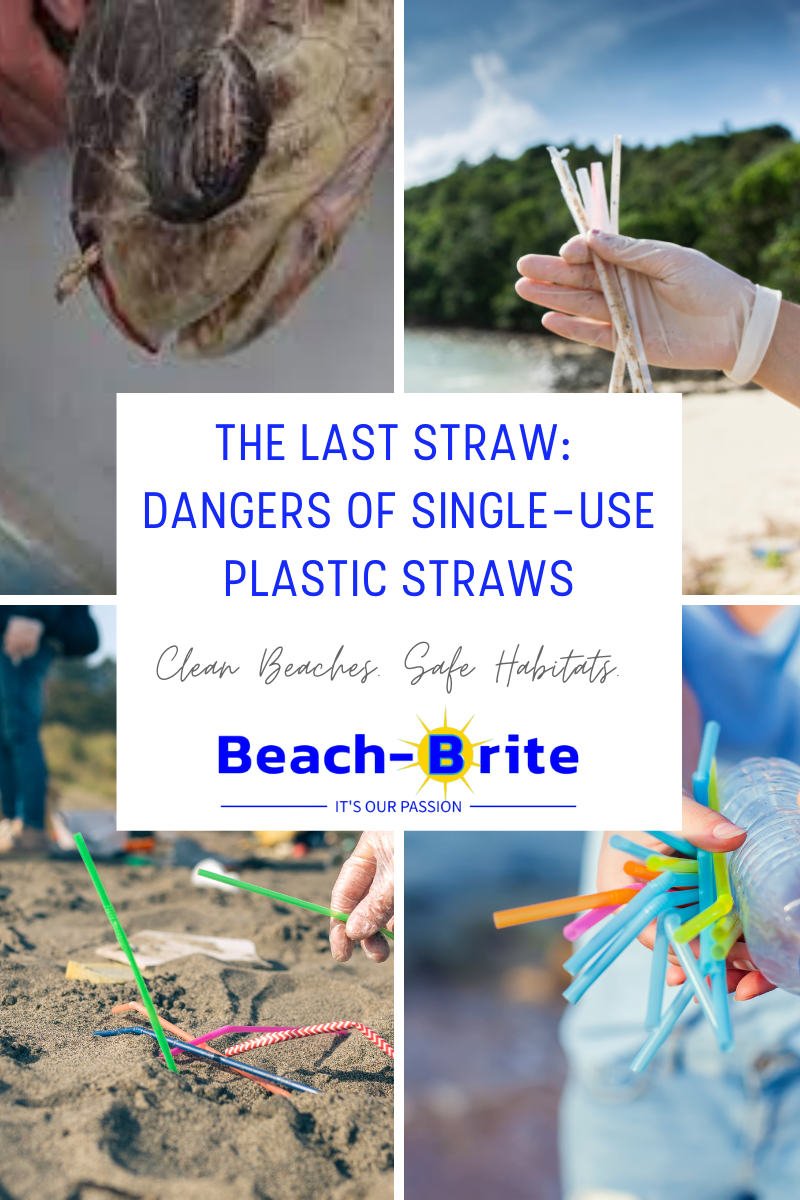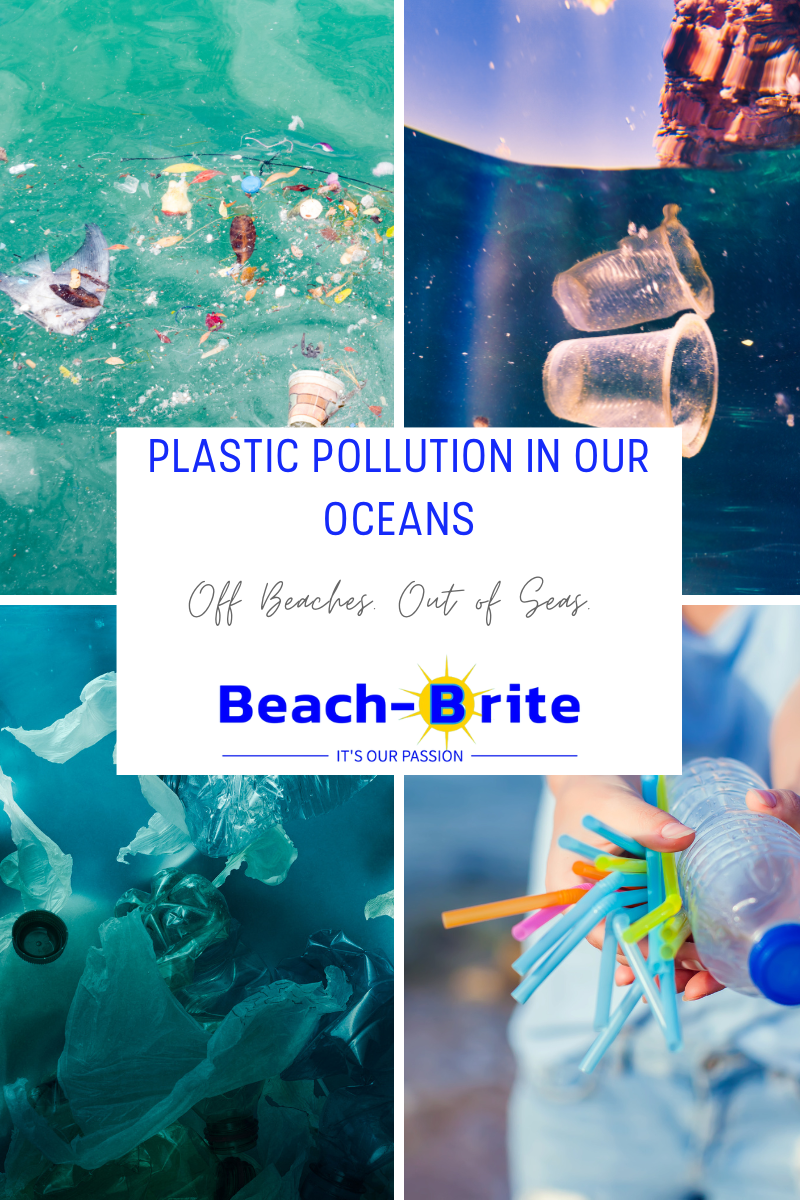Understanding and Combatting Beach Pollution
Keeping Our Florida Gulf Coast Beaches Clean
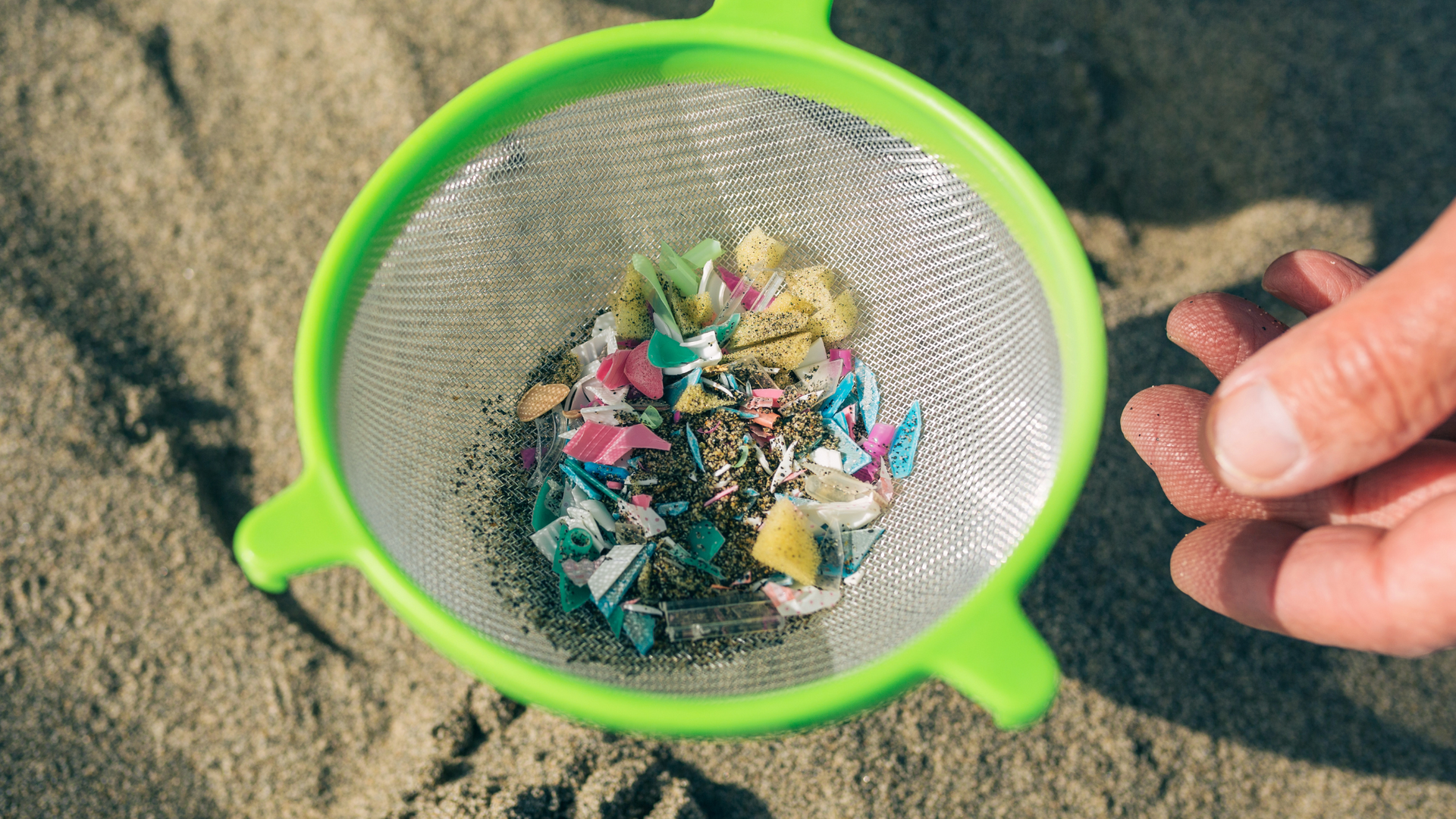
Picture a pristine beach: powdery sand, azure waters, and a gentle breeze. Now, imagine this idyllic scene marred by a less-than-pleasant sight – litter strewn across the shore, plastics bobbing in the waves, and the stench of pollution in the air. Beach pollution, a global scourge, threatens not only the beauty of our coastlines but also the health of our planet. In this article, we'll explore the causes, consequences, and solutions to the pressing issue of beach pollution.
The Sources of Beach Pollution
Littering
One of the most direct causes of beach pollution is human littering. People leave behind trash, food containers, plastic bottles, and even larger items like abandoned beach furniture. These items not only spoil the aesthetics of the beach but also pose hazards to wildlife.
Plastic Waste
Plastic pollution is a major contributor to beach pollution. Single-use plastics like bottles, bags, and straws are often found washed up on beaches. Over time, these plastics break down into microplastics, which can infiltrate the food chain and harm marine life.
Industrial and Agricultural Runoff
Pollutants from industrial activities and agricultural runoff can make their way into rivers and streams, ultimately flowing into the ocean. This runoff can carry chemicals, heavy metals, and excess nutrients that harm marine ecosystems and contribute to beach pollution.
Sewage and Wastewater
Poorly treated sewage and wastewater discharge can introduce harmful bacteria, viruses, and pollutants into coastal waters. This contamination poses risks to both human health and the environment.
The Consequences of Beach Pollution
Beach pollution has far-reaching and often devastating consequences:
Ecosystem Damage
Pollutants can harm marine life, destroy critical habitats like coral reefs and seagrass beds, and disrupt the balance of coastal ecosystems.
Economic Impact
Coastal tourism is a significant source of revenue for many regions. Beach pollution can deter tourists, leading to financial losses for local communities and businesses.
With 2.5 million tourists visiting Pensacola along each year and spending $1.3 billion, tourism is an important aspect of Escambia County, Florida's local economy.
Human Health Risks
Polluted waters can lead to illnesses in swimmers and beachgoers. Contact with contaminated water can result in skin irritations, gastrointestinal issues, and respiratory problems.
Wildlife Harm
Marine animals, including seabirds, turtles, and fish, can ingest or become entangled in plastic debris. This often leads to injury or death.
Escambia County is home to more than 100 vulnerable, threatened, and endangered species. Many of these species rely on our beaches for habitats, nesting grounds, and more.
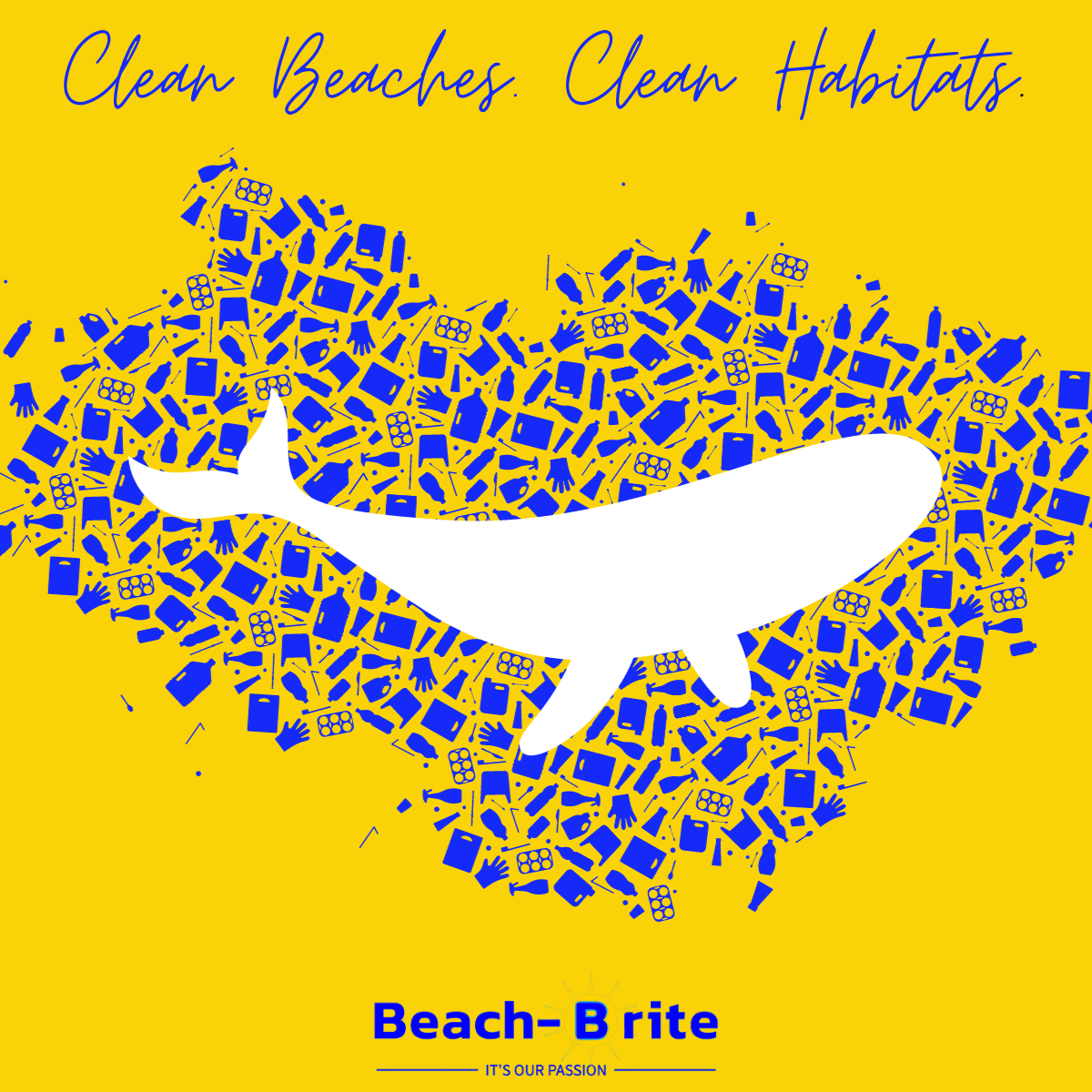
Solutions and Mitigation Strategies
Education and Awareness
We add informational signage to trash receptacles and use our social media presence to spread the word about the impact of beach litter. The "leave no trace" principle, is important where people clean up after themselves and dispose of trash properly.
Infrastructure and Facilities
We know that many people will do the right thing and take care of trash when appropriate receptacles are nearby and empty. That's why we provide customers the option for our team to install and maintain trash and cigarette receptacles for them.
Clean-Up Initiatives
Local clean up initiatives are wonderful and have done a lot to remove litter from our Perdido Key and Pensacola beaches. We all know, though, that one day isn't enough. In many areas, new litter reaches the beach and the Gulf each and every day. That's why we offer clean up services one, three, or five times weekly.
Sustainable Practices
Our trash problem isn't going to disappear. Especially if we keep adding to it with single use plastics. It's time to find more sustainable ways to live and work on planet Earth.
Beaches are not only places of beauty and recreation but also essential ecosystems that support diverse life forms.
Beach pollution threatens this delicate balance and, by extension, the well-being of our planet. The responsibility to combat beach pollution lies with individuals, communities, businesses, and governments.
By taking concerted action to reduce pollution at its source, we can preserve the beauty of our coastal treasures and protect the marine ecosystems that depend on clean and healthy shores.
